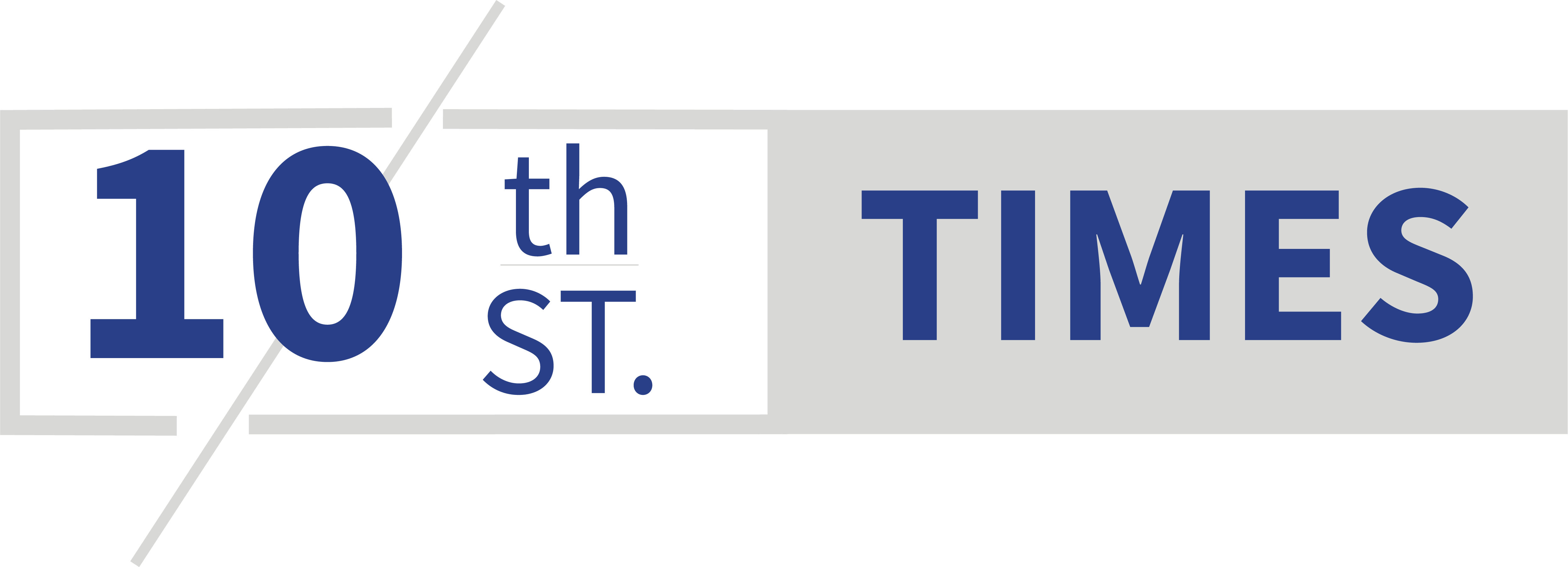Social Media’s Role in the 2024 Election
Share this story

One of the most impactful moments of 2024 was the presidential election, and with it, Americans saw the birth of new social media-based campaigning strategies.
In the months leading up to the election, TikTok, Instagram and X feeds were flooded with political ads promoting presidential candidates. This is nothing new to American voters; an increase in political ads is commonplace preceding the election; what is new, however, is the presentation of these ads. Many of these campaign ads were targeted towards a younger audience and used viral social media trends to try and win their votes. This campaign tactic is unique to the 2024 election, and many Americans, including myself, are concerned about the unintended effects this strategy may cause.
I felt that the social media campaigns were not used appropriately by the running parties. Social media can be a breeding ground for misinformation, which can have hugely impactful effects on uneducated voters. I think that an effective use of a political party’s social media platform should be to educate potential voters and combat the spread of misinformation. Instead, these platforms followed whatever was trending at the moment to seem “cool” to a younger audience.
The Harris Campaign’s biggest social media platform, the KamalaHQ TikTok account, was a frequent offender of this. Some posts were typical of what is expected of a campaigning party, but some posts seemed entirely inappropriate from such a high-profile political platform. KamalaHQ went viral on multiple occasions, from posting “thirst traps” videos of President Joe Biden, edits of Harris, and bashing videos of their opposing candidate, Presiden-Elect Donald Trump.
The Trump campaign was not innocent of this either. His campaign leaned into divisive rhetoric, using exaggerated memes and mockery of his opponents to fuel polarization. Instead of fostering informed discussions or promoting healthy debate, these strategies often amplified hatred and misinformation, making it harder for voters to discern fact from fiction.
Additionally, the political non-profit organization Building America’s Future, which is financially supported by Elon Musk, spread political misinformation. In the 2024 election, Building America’s Future backed President-Elect Trump and other Republican candidates and spread false information about the Harris Campaign. On September 23, Building America’s Future registered a Facebook account with the name Project 2028 and posed as a pro-Harris campaign account. It posted false information regarding Harris’s policy positions, saying she wanted to enact a gun buy-back program and give Medicare benefits and driver’s licenses to undocumented immigrants. Musk, the funder of Building America’s Future, was then offered a government job as one of the heads of the new Department of Government Efficiency by Trump once he was elected.
I am disappointed by both parties for missing the opportunity to utilize their platforms to educate voters. I feel by misusing their platforms in this way, they have set a precedent around American politics as being “unserious” and have made the election a joke to potential voters. Looking ahead to future elections, there is a need for political parties and social media platforms to take responsibility for the kind of content they produce. If done correctly, campaigns can use social media to educate, inform, and create spaces for young voters to engage in the political process— but if not, I worry that these campaigns will only add to the misinformation and confusion surrounding politics in social media.
